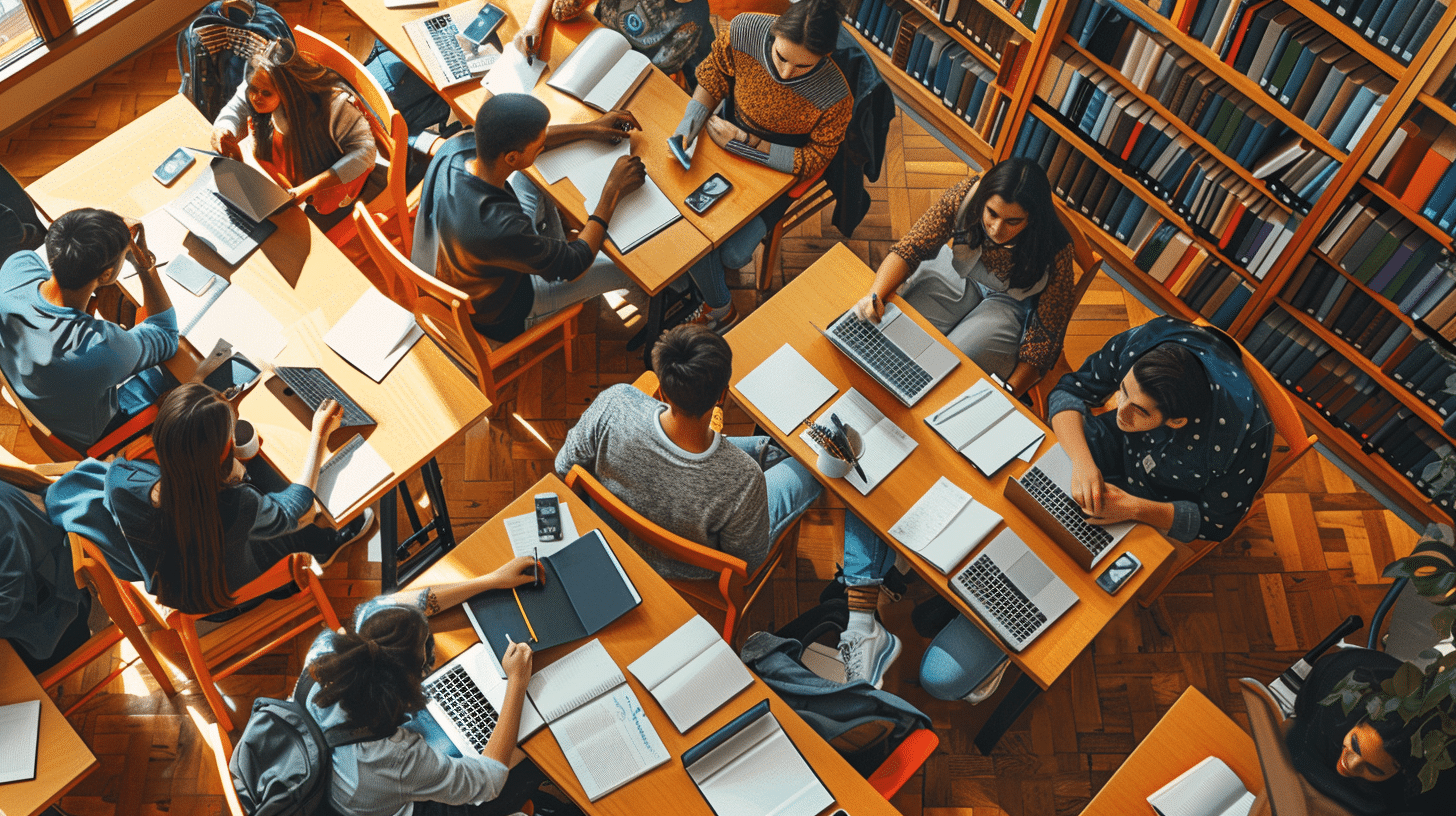Pick a language and start learning!
Definite article placement Exercises in Bulgarian language

The definite article in Bulgarian is unique compared to many other languages, as it is always attached to the end of the noun or the adjective that modifies it. This placement can vary depending on the gender, number, and case of the noun. For instance, the masculine singular form might take a different suffix compared to the feminine or neuter forms. Understanding these rules is crucial for achieving fluency and ensuring that your Bulgarian sounds natural and grammatically correct.
In Bulgarian, the definite article can transform the meaning and clarity of a sentence significantly. Unlike English, where the definite article "the" is a separate word preceding the noun, Bulgarian attaches it directly, creating forms like "столът" (the chair) or "книгата" (the book). This exercise will guide you through the various rules and exceptions for placing the definite article correctly. By practicing these exercises, you will gain confidence in using definite articles appropriately, enhancing both your written and spoken Bulgarian.
Exercise 1
<p>1. Книгата е на *масата* (place where you put things).</p>
<p>2. Писмото е в *пощата* (place where you send letters).</p>
<p>3. Детето играе в *парка* (place for recreation).</p>
<p>4. Учителят говори с *ученика* (person in a classroom).</p>
<p>5. Рибата плува в *аквариума* (place where fish live).</p>
<p>6. Кучето спи на *дивана* (place where people sit).</p>
<p>7. Момичето чете *книгата* (object with pages).</p>
<p>8. Момчето играе с *топката* (object used in sports).</p>
<p>9. Вратата на *къщата* е заключена (building where people live).</p>
<p>10. Цветята са в *градината* (place where plants grow).</p>
Exercise 2
<p>1. Книгата е на *масата* (location where you place objects).</p>
<p>2. Учителят е в *класната* стая (specific room in a school).</p>
<p>3. Той ще гледа *филма* вечерта (something you watch).</p>
<p>4. Децата играят в *двора* (place where children play).</p>
<p>5. Мама готви в *кухнята* (room where you cook).</p>
<p>6. Баща ми е в *гаража* (place where you keep your car).</p>
<p>7. Те живеят в *къщата* (place where people live).</p>
<p>8. Моля те, сложи чиниите на *маса* (place where you eat).</p>
<p>9. Виждаш ли *кучето* на улицата? (domestic animal).</p>
<p>10. Харесвам *реката* през лятото (body of water).</p>
Exercise 3
<p>1. Книгата е на *маса*та (object on which books are often placed).</p>
<p>2. Той отиде до *парк*а (public green space).</p>
<p>3. Момичето играе с *кукл*ата си (toy for children).</p>
<p>4. Ресторантът се намира на края на *улиц*ата (place where you can eat).</p>
<p>5. Купих нова рокля за *бал*а (formal dance event).</p>
<p>6. Погледни към *планин*ата (large natural elevation of the earth).</p>
<p>7. Бяхме на *кино*то снощи (place to watch movies).</p>
<p>8. Чакам те пред *магазин*а (place to buy things).</p>
<p>9. Обичам да пия кафе на терасата на *кафен*ето (place to drink coffee).</p>
<p>10. Учителят обясни урока на *класа* (group of students).</p>







